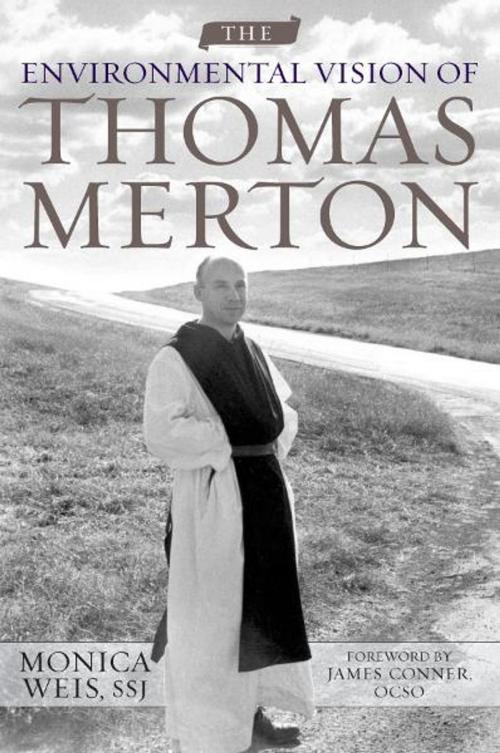The Environmental Vision of Thomas Merton
Nonfiction, Religion & Spirituality, Christianity, Church, Church History, Science & Nature, Nature| Author: | Monica Weis | ISBN: | 9780813140193 |
| Publisher: | The University Press of Kentucky | Publication: | May 13, 2011 |
| Imprint: | The University Press of Kentucky | Language: | English |
| Author: | Monica Weis |
| ISBN: | 9780813140193 |
| Publisher: | The University Press of Kentucky |
| Publication: | May 13, 2011 |
| Imprint: | The University Press of Kentucky |
| Language: | English |
Nature was always vital in Thomas Merton's life, from the long hours he spent as a child watching his father paint landscapes in the fresh air, to his final years of solitude in the hermitage at Our Lady of Gethsemani, where he contemplated and wrote about the beauty of his surroundings. Throughout his life, Merton's study of the natural world shaped his spirituality in profound ways, and he was one of the first writers to raise concern about ecological issues that have become critical in recent years.
In The Environmental Vision of Thomas Merton, author Monica Weis suggests that Merton's interest in nature, which developed significantly during his years at the Abbey of Gethsemani, laid the foundation for his growing environmental consciousness. Tracing Merton's awareness of the natural world from his childhood to the final years of his life, Weis explores his deepening sense of place and desire for solitude, his love and responsibility for all living things, and his evolving ecological awareness.
Nature was always vital in Thomas Merton's life, from the long hours he spent as a child watching his father paint landscapes in the fresh air, to his final years of solitude in the hermitage at Our Lady of Gethsemani, where he contemplated and wrote about the beauty of his surroundings. Throughout his life, Merton's study of the natural world shaped his spirituality in profound ways, and he was one of the first writers to raise concern about ecological issues that have become critical in recent years.
In The Environmental Vision of Thomas Merton, author Monica Weis suggests that Merton's interest in nature, which developed significantly during his years at the Abbey of Gethsemani, laid the foundation for his growing environmental consciousness. Tracing Merton's awareness of the natural world from his childhood to the final years of his life, Weis explores his deepening sense of place and desire for solitude, his love and responsibility for all living things, and his evolving ecological awareness.















